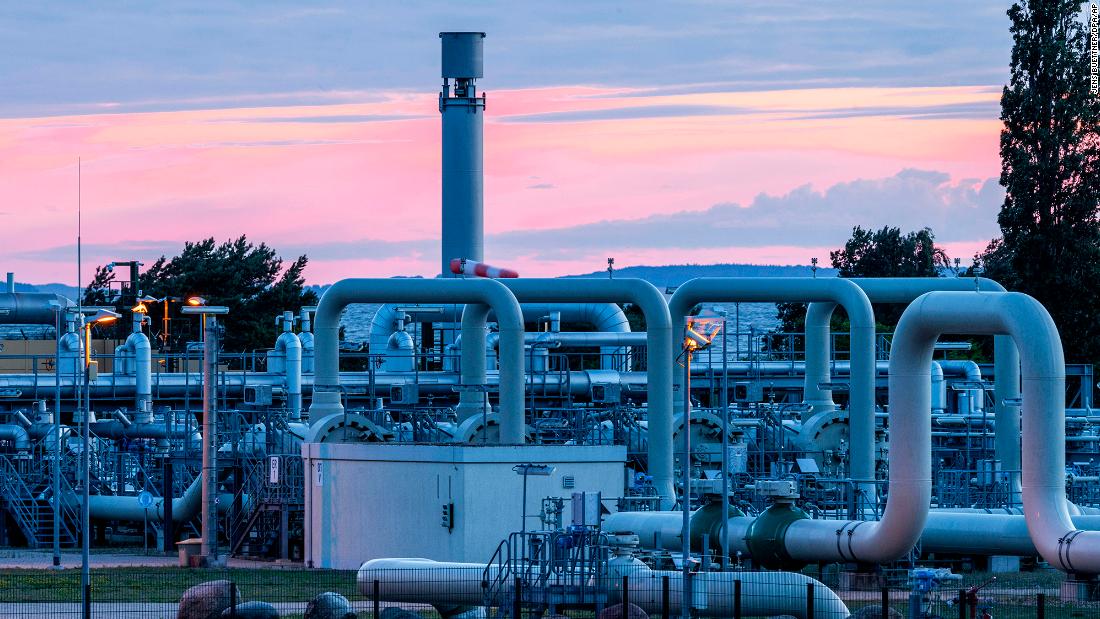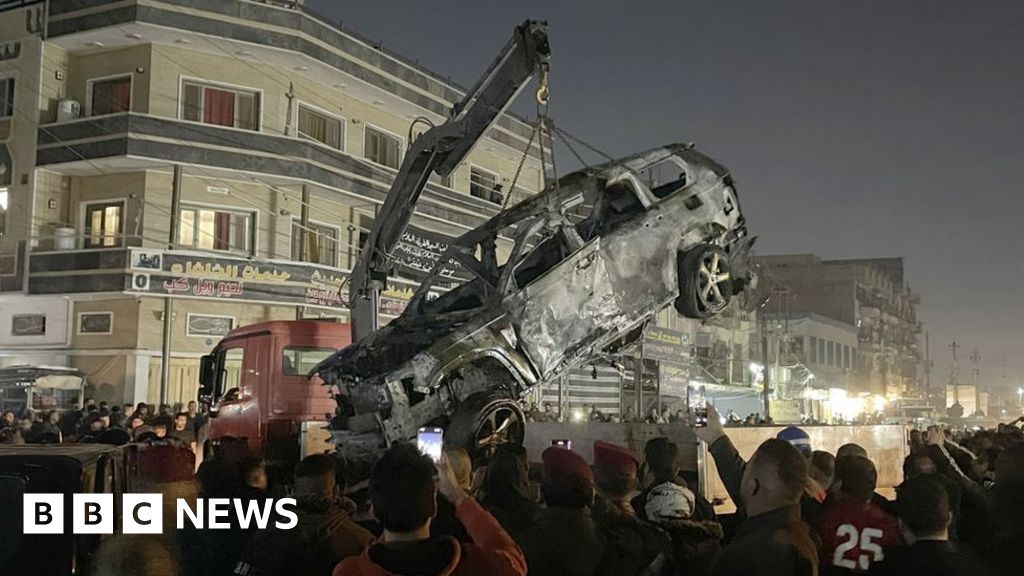This possibility is the subject of new concern as maintenance of the Nord Stream 1 pipeline from Russia to Germany begins on Monday. Officials have expressed concerns about whether gas flows will resume once the repair period ends in 10 days.
“While this was a routine procedure that hardly attracted any interest, this time it is feared that Russia will no longer resume gas deliveries,” Commerzbank analysts said in a note to clients.
Flows through the pipeline have already been reduced. Last month, Germany – Europe’s largest economy – declared a “gas crisis” after Gazprom, Russia’s state gas company, cut exports via Nord Stream 1 by 60%.
Gazprom blamed the move on the West’s decision to block vital turbines due to sanctions, but politicians in Europe took it as a warning shot.
“Anything can happen. Gas can flow again more than before. Nothing may come at all,” German Economy Minister Robert Habeck said on Sunday in a radio interview. “Honestly we always have to prepare for the worst and work a little bit for the better.”
France’s finance minister also said on Sunday that his country must act quickly and efficiently to prepare for a “total cut off of Russian gas,” even though it is less dependent on gas as an energy source than Germany.
Nord Stream 1, which became operational in 2011, transports 55 billion cubic meters of gas annually to Europe via the Baltic Sea. Usually, Gazprom coped with the maintenance period by increasing supplies destined for Europe via other pipelines or tapping into storage. This time, the company said that’s not an option, according to S&P Global Commodity Insights.
Italian gas giant Eni said on Monday that Gazprom had informed it that it would start supplying 21 million cubic meters of gas per day. The average over the past few days was about 32 million cubic meters per day.
Europe is racing to wean itself off Russian energy, but reducing reliance on gas is especially difficult. The region received 45% of its natural gas imports from Russia last year, and is currently rushing to refill storage facilities before winter.
Berlin has activated the second phase of its three-phase gas emergency programme. This takes a step closer to rationing supplies to players in the industry, a move that would deal a major blow to the manufacturing heart of the country’s economy.
Benchmark natural gas prices in Europe rose to their highest level since March last week. It could continue to climb in the coming days, intensifying pressure on governments to come up with contingency plans.
“Concerns are likely to push the price of gas higher until it becomes clear what will happen to the gas supply once the maintenance work is done,” Commerzbank said.
Chris Liakos contributed to the report.

“Coffee trailblazer. Certified pop culture lover. Infuriatingly humble gamer.”



